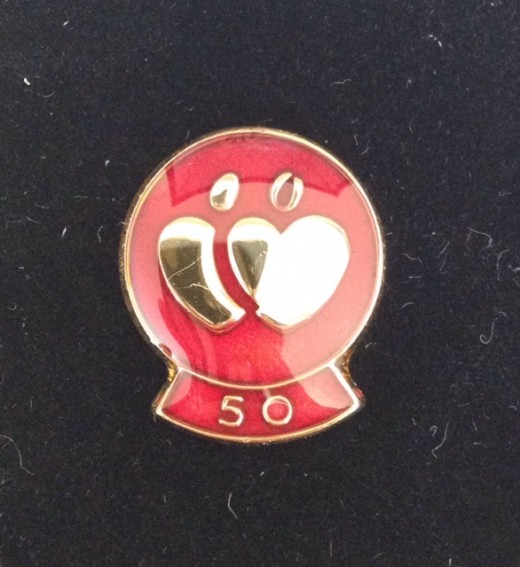Donating blood
It is hard for me to believe that nearly decade has passed since I took a phone call from our family doctor one evening. He wanted come to our house, as he had something important to discuss with us. And he wanted to come right away.
The news he brought was shocking and has affected almost every aspect of my life ever since …
The doctor was there to inform us that my wife was seriously ill – she had acute myeloid leukemia and needed immediate treatment. She was admitted to hospital the following morning and treated over the following weeks quite successfully. Without treatment, she would have lasted a matter of days; as it was, she lived for two years.
 As I said, my life has changed in countless ways. My daughters have both grown up; I live in a different place; I have remarried. And I have become a regular blood donor. I did write about this before, but I make no apology for revisiting this important topic.
As I said, my life has changed in countless ways. My daughters have both grown up; I live in a different place; I have remarried. And I have become a regular blood donor. I did write about this before, but I make no apology for revisiting this important topic.
It is common to hear of appeals for blood donors after major disasters, as there may be many injured people in need of blood transfusions. Such events are quite high profile, but, in fact, more blood is needed to treat a number of illnesses, like my wife’s, and conditions like hemorrhaging after childbirth. This means that a constant, reliable supply of blood is needed.
The blood donation services and criteria that qualify donors vary from country to country. But the common factors are that most people are potential donors and it is not a time consuming or difficult thing to do. If you are in the UK, go to www.blood.co.uk to learn more and book an appointment. In other countries, Google is your friend.
If you are unable, for medical or religious [even if I do not understand those] reasons, to give blood, OK, you are off the hook. But otherwise, if you are not already a donor or prepared to consider the idea, please email me or comment to say why not. Here are some common “reasons”:
- “I do not have time” – it does not take long; it is time very well spent
- “I cannot stand the sight of blood” – fine, you will not see any
- “I do not like pain” – who does? There is negligible pain or discomfort
- “I am nervous/scared/squeamish” – me too; go with a friend
I am being rather “hard line” and taking this matter seriously. Saving lives is a serious business and that is what it comes down to. You give blood – someone else gets to live, who might otherwise have died. I calculated that my wife needed more blood during her treatment than one individual can give in a lifetime, so I am very thankful that so many people do make the effort.
If just one person is convinced by my plea and goes along to give blood donation a try, a life [or lives] may be saved and writing this was well worthwhile. You have my sincere thanks and respect.


Don’t just think about donating whole blood………….most of us are able to do this. Find out if you can donate platelets as this provides a life giving service to suffers of leukaemia and other cancers.
I agree wholeheartedly John. I used to do that, but my yield went down, so I had to go back to whole blood. It is only economic to take donations from people who can deliver a triple donation during the [90 minute] session. I was tested again recently [you just have to ask when you are donating and they take an extra sample], but my yield’s still low.